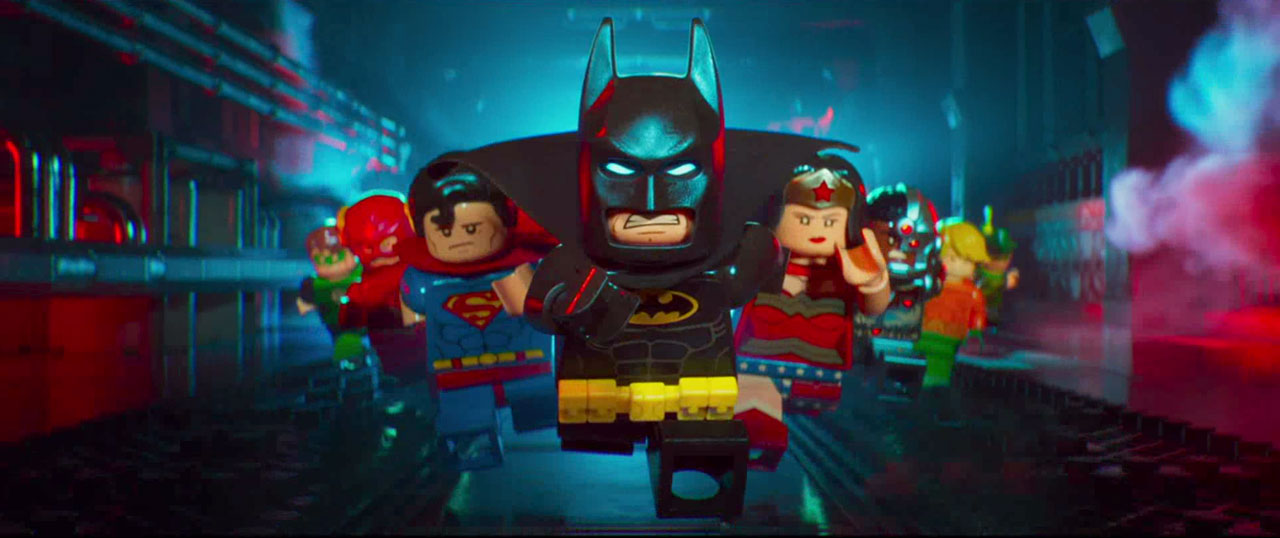The Great Wall
by Hope Madden
You’ve seen the trailers for The Great Wall, right?
It looks terrible, doesn’t it?
It’s not.
It’s not good – let’s not get crazy. But I was expecting Warcraft bad – maybe worse – and The Great Wall is a borderline-passable piece of monster-laden eye candy.
Matt Damon plays William, a bow-for-hire who travels with a band of ne’er-do-wells into China seeking the legendary black powder.
Dreams of selling this weapon in the West keeps the Irish…Scottish…what kind of accent is Damon attempting?And why does it only show up in about 25% of the film?
Anyway, William and his mercenary friend Tovar (Pedro Pascal) must eventually surrender to the color-coordinated forces within The Great Wall – who actually have better things to do.
After that, director Yimou Zhang (House of Flying Daggers, Raise the Red Lantern) does what he can to visually wow an audience and draw attention away from the leaden screenplay.
Zhang is a nearly unparalleled visual showman, and though Great Wall never approaches the style of his best efforts, the aesthetic will keep your attention and create wonder. Vivid color and rhythm drive a joyous spectacle of monster carnage once the CGI swarms come calling.
And then we’re back inside, with one-dimensional characters stumbling through obviousness about greed, trust and teamwork.
Zhang takes advantage of 3D as few filmmakers have. The approach rarely serves a larger purpose than to transport and amaze, but those who come to The Great Wall seeking a larger purpose should prepare for crushing disappointment.
The generally strong Damon struggles with more than the accent. Though glib humor enlivens several scenes with Pascal, the deadly serious tone the film takes and the broadly drawn characterizations of the Chinese warriors make chemistry or human drama impossible.
But damn, look at those hills and swirling bodies, the acrobatics of monster mayhem.
It may be that the only thing The Great Wall did right was to swap out director Edward Zwick (associated early in development with the film) for Zhang, because if you weren’t so distracted by how glorious this film looks, it might really be as bad as the trailers made it out to be.









